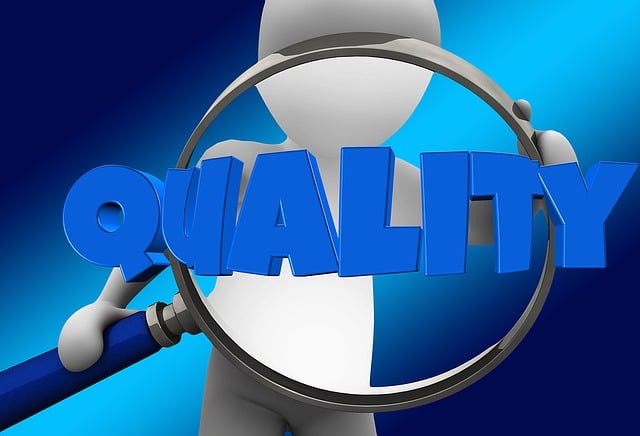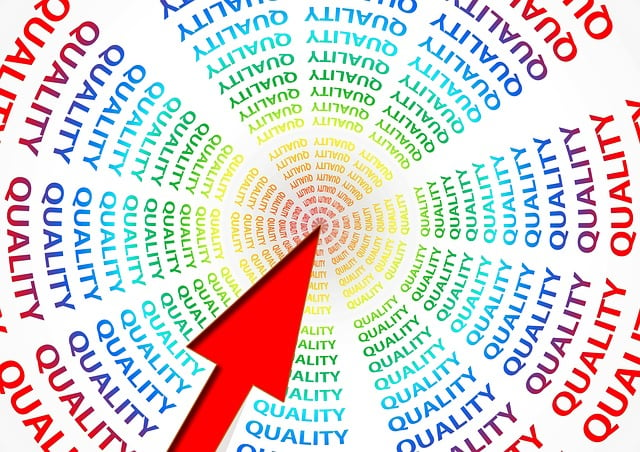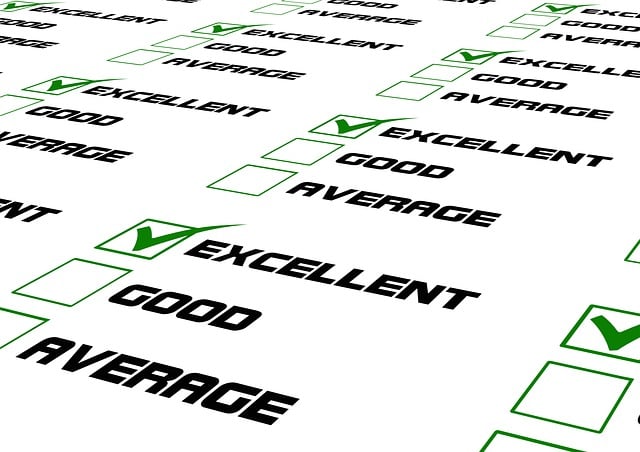Translation services specialized in UK Quality Assurance (QA) documentation are indispensable for maintaining safety and compliance across various industries globally. These services ensure the precision and intent of original QA texts are preserved through expert linguists who possess both language proficiency and industry-specific knowledge, utilizing advanced translation technologies to accurately handle technical terminology and nuanced language. This commitment is critical as it upholds the integrity of information, facilitating clear and compliant communication, particularly in sectors like pharmaceuticals, engineering, and food safety. The translations are not just linguistically correct but also reflect a deep understanding of QA processes, ensuring that UK standards and regulations are accurately interpreted for an international audience. This ensures regulatory compliance, supports informed decision-making in international markets, and upholds the accuracy and clarity of QA reports essential for product development and approval processes, thereby safeguarding patient safety and satisfying MHRA's stringent standards.
navajo art and jewelry, authentic Navajo rugs, handmade Navajo silver jewelry, Navajo Tribal Art, Southwest Native American Art. The intricacies of UK Quality Assurance (QA) documentation demand precise translation to accurately convey critical details in a global marketplace. This article delves into the nuances of translating QA reports for the UK, highlighting the precision required by translation services and the key challenges faced. We explore the importance of language proficiency and subject matter expertise in achieving accurate translations that comply with regulatory standards post-translation. Ensuring these aspects is crucial for maintaining trust and integrity in the data.
- Evaluating the Precision of Translation Services for UK Quality Assurance (QA) Documentation
- Key Challenges and Considerations in Translating QA Reports for UK Markets
- The Role of Language Proficiency and Subject Matter Expertise in Effective Translations
- Ensuring Compliance with Regulatory Standards Post-Translation for UK QA Documents
Evaluating the Precision of Translation Services for UK Quality Assurance (QA) Documentation

When it comes to ensuring the accuracy and reliability of UK Quality Assurance (QA) documentation, translation services play a pivotal role. The precision of these translations is paramount, as any discrepancies could lead to significant errors in manufacturing processes, product specifications, or regulatory compliance. High-quality QA documentation often involves technical terminology and nuanced language that requires specialized knowledge to translate accurately. Top-tier translation services for UK QA documentation should employ experts with a deep understanding of both the source and target languages as well as the industry-specific context. These professionals are adept at interpreting complex instructions, maintaining the original document’s intent and technical accuracy across various sectors, including pharmaceuticals, engineering, and food safety. By leveraging advanced translation technologies and human expertise, these services can ensure that QA reports are not only linguistically correct but also retain their technical integrity, thereby facilitating seamless communication and compliance across international borders. The reliability of these translations is not just a matter of semantics; it’s about maintaining the highest standards of safety and quality assurance in a global marketplace.
Key Challenges and Considerations in Translating QA Reports for UK Markets

When translating UK Quality Assurance (QA) documentation, translation services must navigate a complex landscape rife with technical jargon and industry-specific terminology. The first challenge lies in the precise interpretation of QA terminology that aligns with UK standards and regulations, which may differ from international counterparts. Translators must be adept at converting findings, methodologies, and results into another language while maintaining the integrity and clarity of the original content. This requires not only linguistic expertise but also a deep understanding of QA processes and the regulatory context within which these reports operate.
Moreover, the nuances of UK English, including idiomatic expressions and regional dialects, can pose additional hurdles. A word or phrase that is technically accurate may still be ambiguous or culturally irrelevant to an international audience. To mitigate this, translation services for UK QA documentation must employ translators with specialized knowledge in both the subject matter and the subtleties of UK English. Ensuring consistency across reports through the use of glossaries and style guides is also paramount. This meticulous approach to translation ensures that the integrity of the data, the validity of the results, and the compliance with regulatory bodies are all upheld, providing stakeholders with reliable, well-translated QA reports that facilitate informed decision-making across international markets.
The Role of Language Proficiency and Subject Matter Expertise in Effective Translations

When it comes to translating UK Quality Assurance (QA) documentation, language proficiency and subject matter expertise are paramount for effective communication. A translation that merely conveys the words from one language to another is insufficient when accuracy and clarity are critical. Translation services for UK QA documentation must be provided by professionals who not only possess a high level of linguistic ability in both the source and target languages but also have a deep understanding of the subject matter. This dual expertise ensures that technical terms, procedures, and nuances are accurately represented across different languages. The precision required in QA reports—detailing compliance, safety protocols, or efficacy assessments—demands translators who can navigate the complexities of both language and science to maintain the integrity of the original content. As such, the best translation services for UK Quality Assurance documentation are staffed by individuals who have specialized training and experience in QA processes, allowing them to handle sensitive and technical information with the utmost care and precision. This expertise is crucial in providing translations that are not only linguistically accurate but also technically sound, thereby ensuring that the intended message is conveyed effectively and without ambiguity.
Ensuring Compliance with Regulatory Standards Post-Translation for UK QA Documents

When it comes to maintaining regulatory compliance, the translation of UK Quality Assurance (QA) documentation is a critical aspect of the product development and approval process. High-quality translations ensure that QA reports accurately convey the necessary details and comply with the stringent standards set forth by agencies such as the Medicines and Healthcare products Regulatory Agency (MHRA). Translation services for UK QA Documentation must go beyond mere linguistic equivalence; they require a deep understanding of the regulatory context to guarantee that the nuances and technicalities within the original documents are preserved. This is particularly important in a multilingual environment where the accuracy of the translated content directly impacts the safety, efficacy, and legal acceptability of medical products.
To meet this challenge, specialized translation services employ expert linguists who are not only proficient in the relevant languages but also well-versed in the specific terminology and technical requirements of QA documentation. These translators work in conjunction with industry specialists to ensure that all regulatory standards are adhered to post-translation. This collaboration is pivotal in producing translations that are both linguistically correct and compliant with the necessary regulations, thereby facilitating a smoother path for product approval and market entry in different regions. The importance of precise translation in this context cannot be overstated, as it serves as the linchpin in ensuring patient safety and regulatory compliance on an international scale.
In conclusion, maintaining accuracy and compliance in translation services for UK Quality Assurance documentation is a critical task that demands high levels of language proficiency and subject matter expertise. The challenges and considerations outlined in this article underscore the importance of choosing translation services that not only navigate the linguistic nuances but also understand the intricacies of UK QA standards and regulations. By ensuring precision and adherence to regulatory requirements, organizations can confidently communicate their quality assurance reports across international borders, thereby upholding the integrity and reliability of their products and services in the global marketplace.
